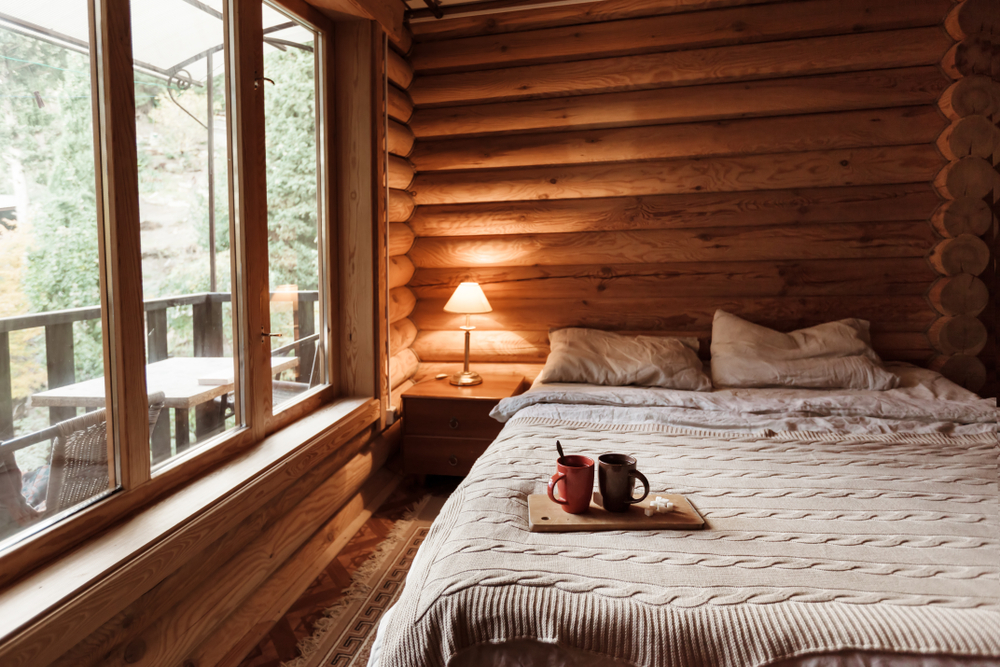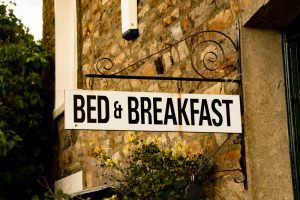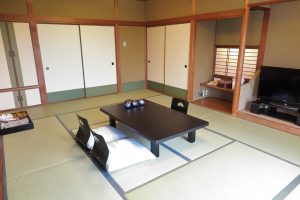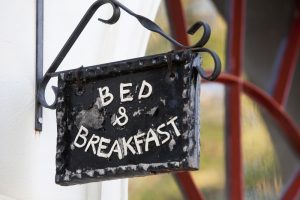Bed and Breakfasts (B&Bs) date back nearly to the beginning of time, but they’ve improved significantly over the years and have become a trend in countries across the world. Many people favor them over a traditional hotel. How much does it cost to stay in one, and is it worth it? Let’s take a look.
Breakfast is part of the package price of a B&B, which ranges between $80 and $275 for a double room.
Most B&Bs have private bathrooms, but some (the more authentic ones) don’t.
The most crucial factor is whether or not each room has its ensuite bathroom. The terms “boutique hotel” and “bed and breakfast inn” may be interchangeable at the upper end of the spectrum, with the only difference being ownership between the two.
Many B&Bs have teamed up and created central reservation departments, making it more straightforward to rent a place at a moment’s notice and bringing them into the modern realm of holiday stays.
Table of Contents
What factors into the cost of a B&B stay?
Most of the time, a B&B’s price will be influenced by the cost of living in the city it’s near. In addition, you should consider the property’s level of luxury and convenience.
A simple room with a bedside table and cable access will not cost you the same as a room with free wifi, a pool, numerous breakfast options, and even complimentary transportation.
You’ll pay about $120-150 for a quality B&B with less hassle and more comfort, as well as a home-cooked breakfast, instead of $200 for a nice hotel in Atlanta, for example. Keep in mind that hotels usually offer more privacy.
What is a Bed and Breakfast?
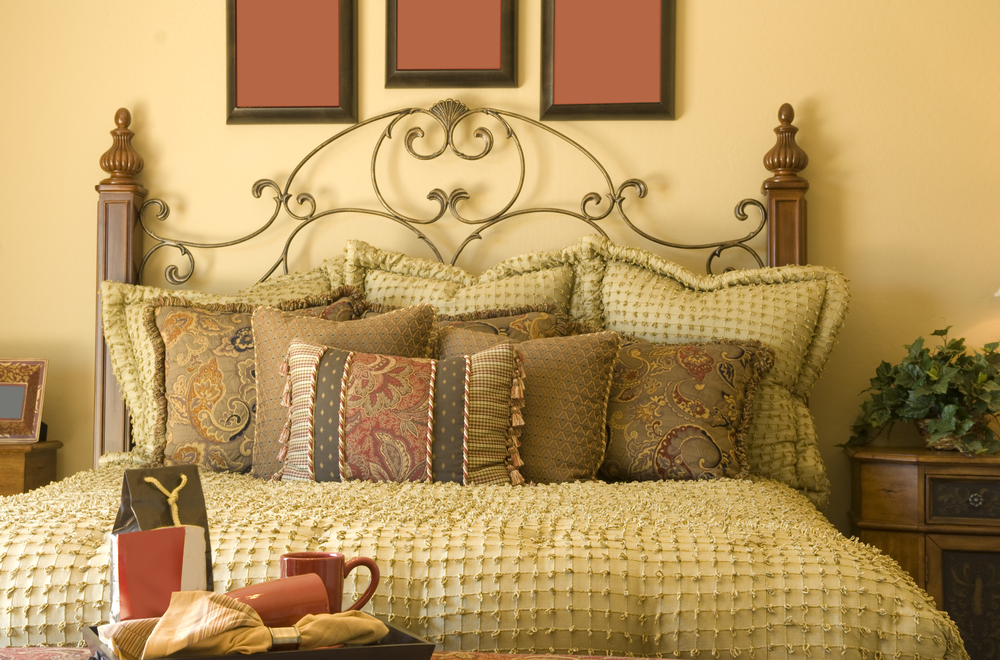
Accommodations for the night and a full breakfast are part of the package deal. Although you can find them in cities and small towns, B&Bs are typically small, family-owned establishments in the countryside or on farms.
And while each B&B’s breakfast layout, room setup, and precise leisure facilities may differ, they all flourish at presenting their patrons with a positive reception and a sense of being at home.
How much money do you need to open a B&B?
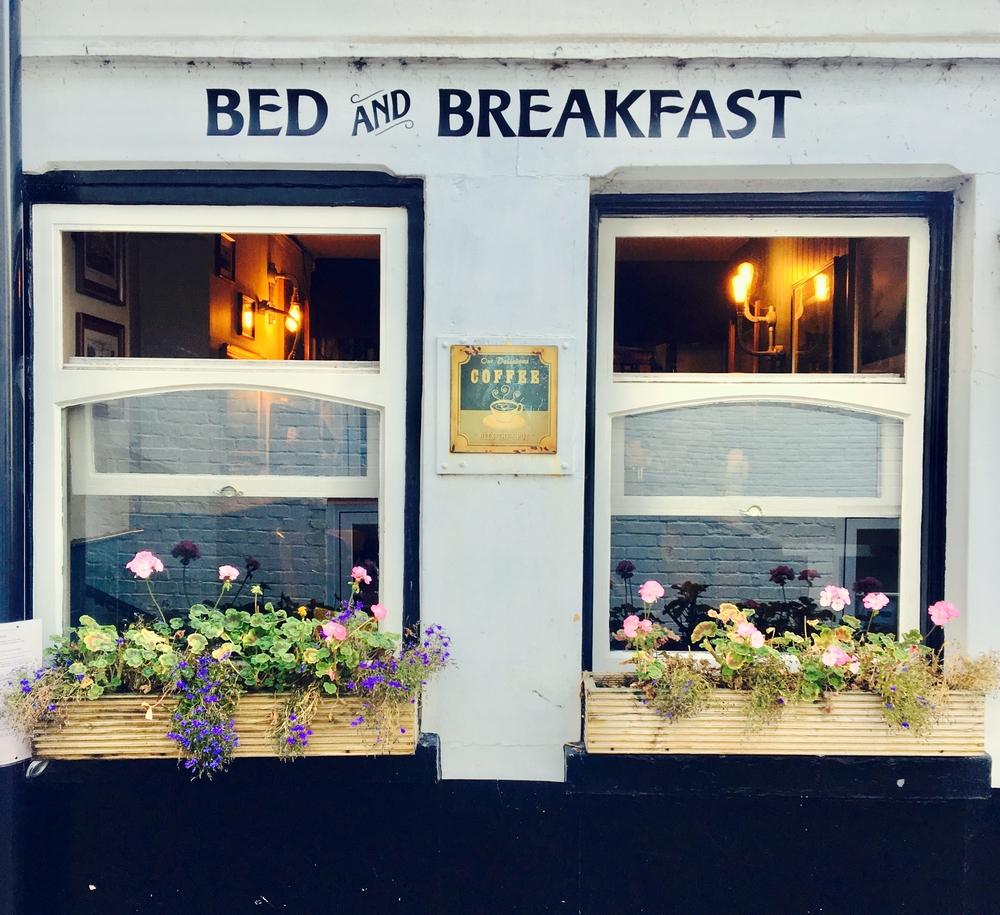
What matters is where you start, how big it is, and if you are building from the ground up or not. The typical cost of starting a business is $20,000
Starting a B&B is expensive.
Before we get started, let’s take a look at how the finances you’ll require upfront. You may be able to raise funds on your own, or you might be able to get some help from investors. You would like to learn what’s in store, right?
With these preliminary expenditures, you should also prepare for things beyond what you budgeted for, so you should always have a buffer set up.
To start bed and breakfast, you will need a variety of authorizations. In addition to annual licenses, some include permits to build, restoration permits, alcohol, and food approvals, motel licenses if you also have plenty of rooms, sales tax permissions, and several other licenses.
The cost of these permits could range anywhere from hundreds to thousands of dollars. The price of indoor renovations, mainly if you’re restoring, can be pretty high as well. Additionally, make sure that your piping and electrical components are up to date and in compliance with local ordinances.
Be sure to also think about your home’s “soft” elements, such as paint, furniture, and decor in the bedrooms and bathrooms, as well as items for the common areas like the dining room and living room. Based on your intentions, you should budget at least $10,000.
Artwork, gardening, and sometimes even ceiling and window repairs are all examples of exterior restoration work. Patio decor and lawn maintenance are also required. Don’t forget about the signs you will need to mark your home as a B&B.
You can expect to pay at least another $10,000 here, depending on your requirements. Mattresses, bedding, pillows, blankets, and towels are also required. Customers expect more from bed and breakfast, and you’ll want to spend as much money as possible on the best you can get. Consider providing a wide range of pillows from which your guests can choose.
You could pay approximately $500 for each room when making those changes. You’ll also need to account for the cost of replacing these items, as you’ll need to do so regularly. The kitchen is an integral part of your bed and breakfast, so you should also furnish it accordingly.
Serving ware, such as dinner plates and glasses, appliances such as coffee makers and mixers, and other kitchen utensils, are necessary. Depending on the quality, you can expect to pay between $500 and $1,000 for these items.
Your operating costs also include the cost of food. Organize your menus, do your homework on the costs, and come up with a spending plan. Don’t forget to account for food that you’ll have to toss or that has expired.
Take care of security and safety with a professionally installed security system, functional door locks, alarms, and smoke detectors, which are usually all included in a package. Your guests are counting on you to have these items in place, and you owe it to them to keep them safe. At the very least, allocate $1000 toward the total cost of security.
In addition, you’ll have to budget for monthly charges and battery replacements.
Your business expenses are part of your financial plan, as well. Everything from computers and printers to social media and point of sale systems to software and printer ink is required to run an efficient business.
All of this can cost anywhere from a few thousand dollars to tens of thousands of dollars. Marketing is an essential part of your overall budget. You’ll need a few thousand dollars to get your marketing campaign up and running. Your guest capacity will dictate how much money you need to allocate to marketing each month.
What makes bed and breakfasts good places to stay?
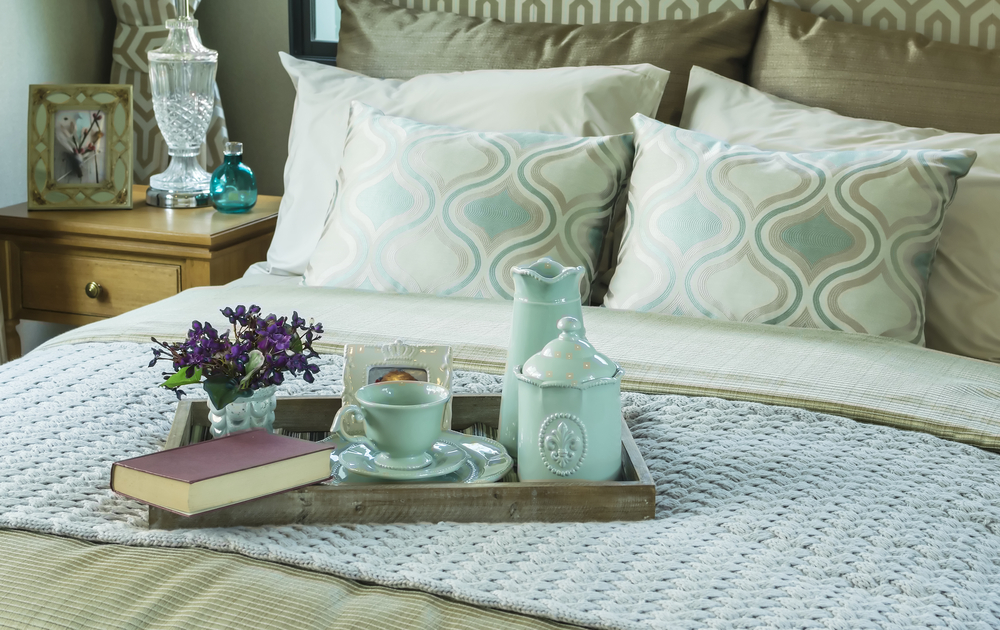
Will you remember a hotel you stayed in a few years or even a decade ago? Probably not, but it’s possible. People who stay in Bed & Breakfasts, on the other hand, tend to recall their time there fondly because of the uniqueness of the experience.
Folks who enjoy the unique history and personality of an inn are a joy for B&B hosts. The hosts are what sets B&Bs apart, as they combine the skills of all the different people you would deal with at a hotel to one.
Imagine your chef also being your gardener or even your tour guide to ensure that your experience is delightful. If you’re planning a trip, there’s no doubt that you’ll want to stay in an authentic Bed & Breakfast, and there are so many from which to choose.
Hotel vs. B&B: What’s the difference?
In contrast to most hotels, each Bed & Breakfast has a distinct architectural style and guest room decor, as well as its own set of amenities. B&Bs come in a wide variety of styles – gorgeous to rustic and all other types of designs and offerings that fall between those categories. You’re guaranteed to find a B&B that fits your needs almost anywhere in the world.
Visitors to a B&B or hotel should be aware of other differences between the two types of establishments. You won’t find front office employees or 24/7 phone service at a bed and breakfast establishment. Between 10 a.m. and 9 p.m., guests can usually only reach their B&B host via phone or email.
They will notify you of their protocols regarding smoking rules, cancellation fees, deposits, and times for checking in and out upon making your reservation. The innkeepers can better accommodate your stay if you let them know in advance about any special requirements.
Who can stay at a B&B?

This type of lodging is not ideal for those who need late-night room service or valet parking; it’s best to look elsewhere. However, if you’re seeking a relaxed environment, comfy beds, tasty home-cooked breakfasts, personal attention, nicely laid-out rooms, restaurant suggestions, and more, then a Bed & Breakfast is the best option for you. Whether you’re in town for business or pleasure, you’re sure to find the perfect B&B to fit your needs.
Are children welcome at B&Bs?
Children are welcome at some B&Bs; others only allow children over a certain age, and others are only for adults.
The policies of some B&Bs vary depending on the time of year or the events taking place in the area. Some B&Bs offer cribs and highchairs, and some even have kid-friendly play areas or farm activities.
As a result, if you’re traveling with children, you’ll want to talk to the innkeeper at the time of your reservation to make sure they’re prepared for your stay, explain any additional fees, and reserve an appropriate room.
What are B&B policies on pets?
In some B&Bs, you may be able to bring your dog or cat into certain rooms, but the number, size, and type of animal permitted may vary.
Even if the innkeepers have pets, many B&Bs do not allow guests to bring theirs. Most B&Bs can point you in the right direction for a nearby kennel or other facilities that can take care of your dog animal while you are away.
Make sure to ask your innkeeper if you’ll be traveling with a pet before you book your room. If your B&B does not allow pets, be aware that a last-minute decision to bring your pet could result in a cancellation fee.
Does staying at a B&B make sense for businesspeople?
Yes! A growing number of B&Bs are catering to the needs of business travelers by enhancing their facilities and services. Many B&Bs now provide high-speed internet, desks, flexible check-in and check-out times, flexible breakfast schedules, and small meeting spaces.
For business travelers, mid-week discounts are also typical. Many business travelers are rethinking their lodging options because of these factors, as well as B&B’s safe and relaxing environments. Check out a Bed & Breakfast on your next business trip, and we think you’ll agree.
Is tipping at a B&B appropriate?
If you’d like to leave a gratuity, you’ll be glad you did. B&Bs with part-time staff may even leave an envelope in the guest room for gratuity.
Is there a fee for B&B amenities?
B&Bs typically offer a higher standard of service and better facilities than hotels. It’s hard to count the number of times you’ve wished your hotel provided free wifi. It is so commonplace that even Starbucks has it. If you’re staying at a B&B, you’re likely to get complimentary parking and concierge services as well as free wifi.
Additionally, many B&B owners are longtime residents of the area and have a wealth of local knowledge to share with their guests. In contrast, hotel concierges are more likely to point you toward a tourist information kiosk.
It’s safe to assume that they’ll be able to recommend the best restaurants and attractions in the area, as they are likely locals who grew up in the region.

